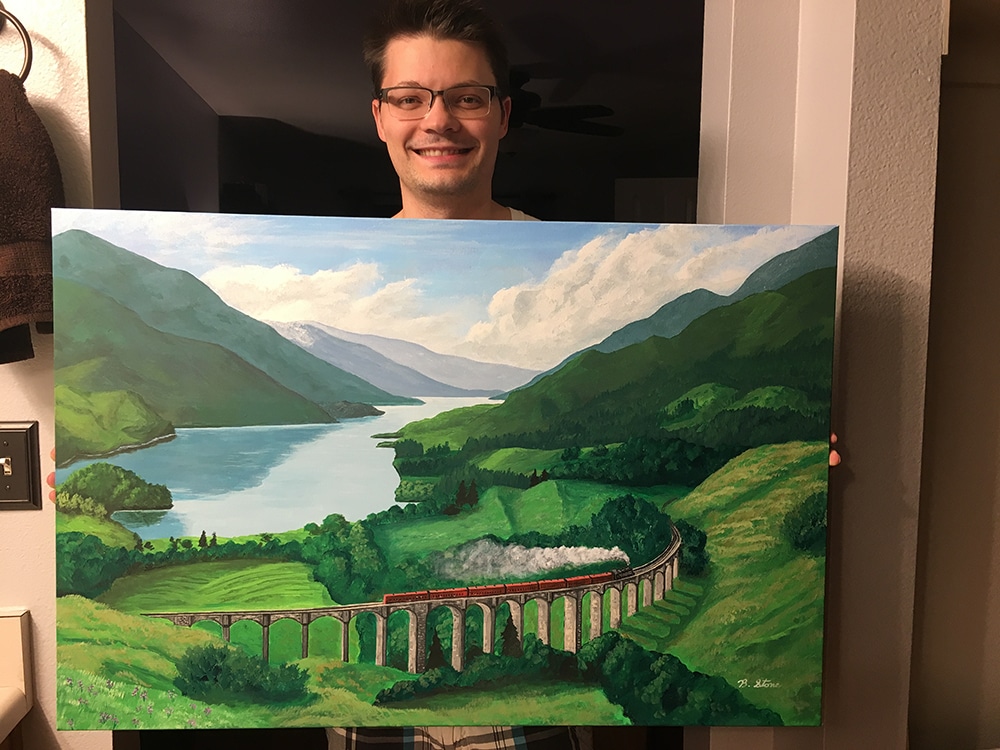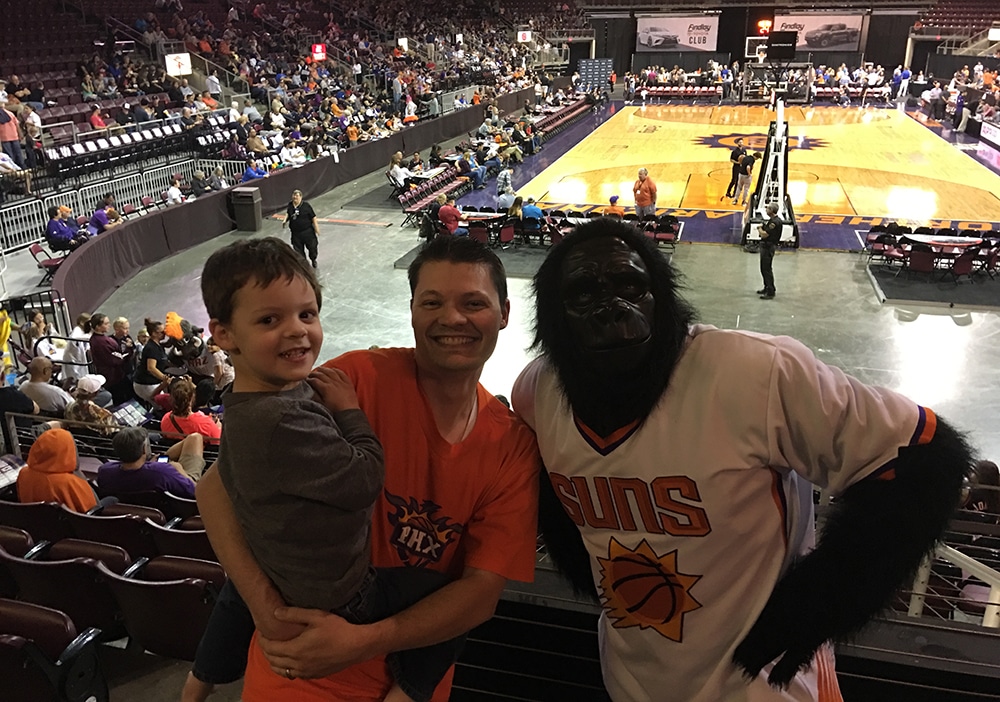How does playing help teach a child science? Brian Stone has an answer for that. Stone, an associate teaching professor in the Department of Teaching and Learning, talked to The NAU Review about his research into science education and play, why he loves science (spoiler: fun learning) and what country is on his travel bucket list.
What brought you to NAU?
I’ve lived in Flagstaff since I was 13. Both of my parents were professors at NAU, and I received three of my four degrees from NAU. I taught elementary school here as well. I have always loved NAU and Flagstaff, and I had a great desire to remain here as a professional after I received my doctorate.
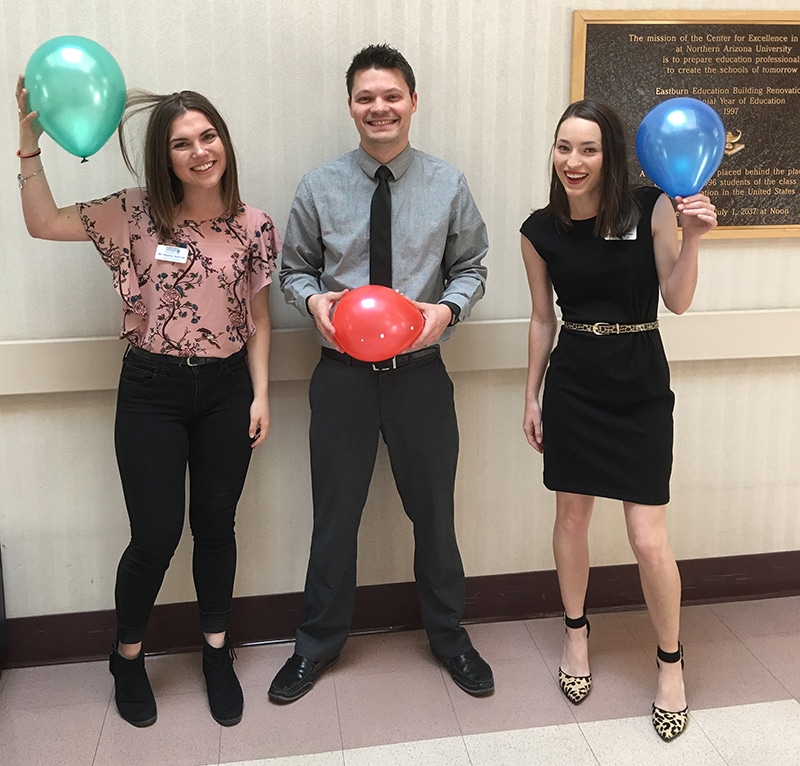
I’ve always been a supporter of free, authentic play as it is critical to the cognitive, social, emotional, physical and even cultural development of children. As a science educator, I’ve done a lot of work with student-directed scientific inquiry as well. These two interests just naturally collided in my work. I now study the impact of play on science concept development, but the basic gist is that children who play freely with a variety of materials are actually exposed to and can develop understanding of scientific concepts long before they are specifically taught those concepts in school.
When you were a teacher, how did you work play into your teaching?
When I was an elementary teacher, I used a choice-based center environment specifically to foster intrinsically motivated engagement in the classroom. This meant that students had the choice to play freely and within various content domains. Much of my classroom instruction was experiential in nature, and children often had multiple opportunities to play in the classroom through purposeful, playful activities like games and projects.
Tell me about a significant childhood memory and how it has impacted your life today.
My science teacher in sixth grade was Mr. Carty. He played a significant role in shaping my love for science and for education. My language arts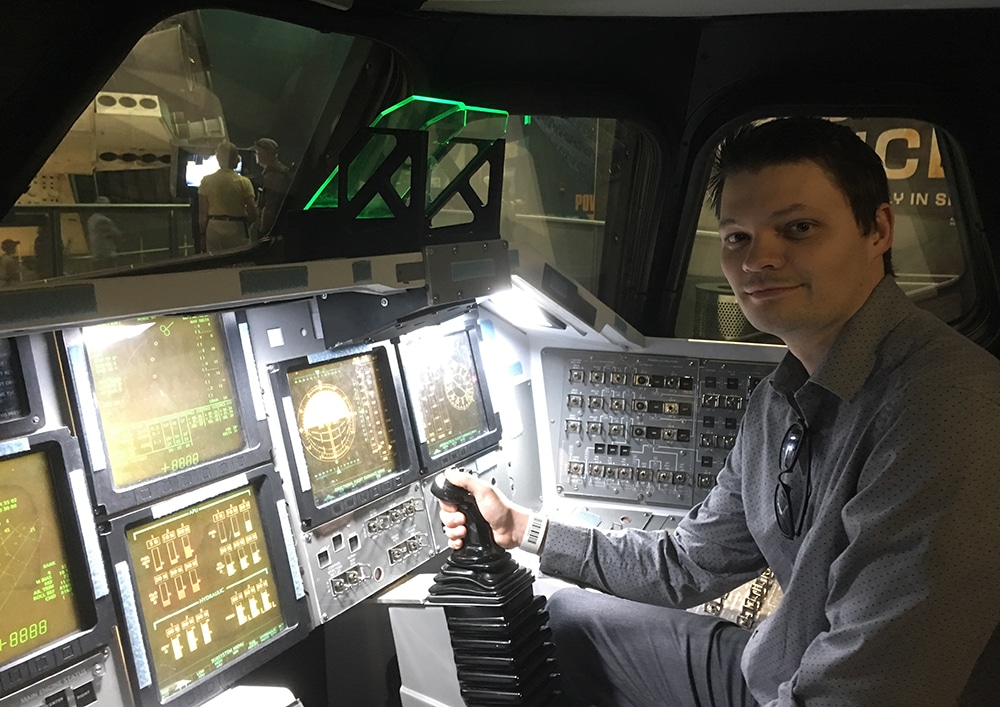
What did you want to be when you grew up?
For as long as I can remember, I wanted to be an astronaut. In high school, I would read books about space at lunch. I even attended Space Camp in Alabama as a teenager, and I applied to NASA on three separate occasions as an adult. Though it was not meant to be, I still have great fondness for all things space, and I certainly incorporate space education into my science methods courses.
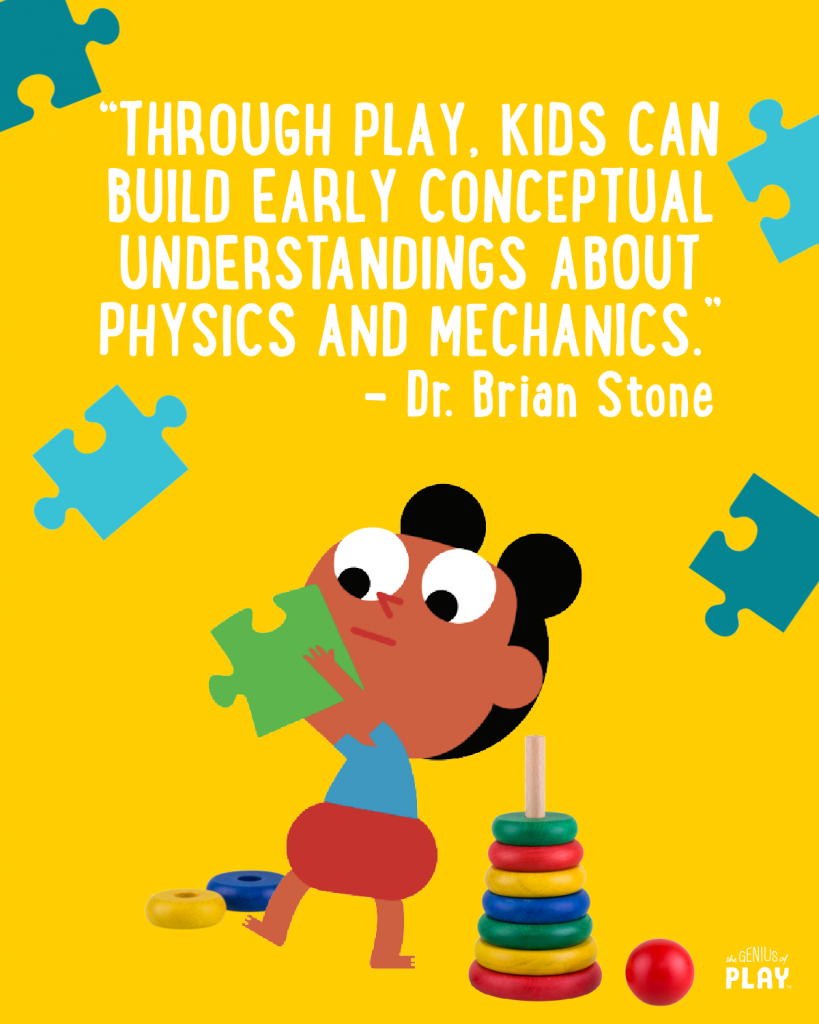
Earlier in November, my work was featured multiple times by the Toy Association and The Genius of Play, which are nonprofit organizations dedicated to increasing play opportunities for children and play advocacy. My article on how play helps children develop an identity in STEAM, and some of my quotes were shared across their entire social media platforms, which have millions of followers.
What is your favorite way to spend a day off?
I am a painter, mainly of landscapes, and I prefer to spend my time working on my art. I also enjoy watching basketball (I’m an avid Phoenix Suns fan), and I love playing with my three boys (13, 10 and 3).
What are three things on your bucket list?
I love to travel, and Iceland has always been on my bucket list. I would also like to write a science fiction novel someday. I love writing, but it’s just finding the time; that’s the trick. Also, I would love to start my own school someday—one that is child-centered and values play.
What advice would you give incoming or established teachers on how to help kids love learning, even (or maybe especially) subjects that are hard for them?
Children need to be stakeholders in their own education, and they need to be able to explore their own interests. Education can’t always be a top-down stream of teacher-directed lessons, especially when those lessons are not in alignment with the child’s development or curiosity. Especially for subjects that may be difficult, children need time to develop deeper understandings rather than a rigorously-paced curriculum that may leave them behind and fosters only a superficial understanding or memorization.
